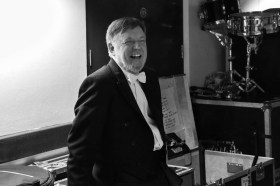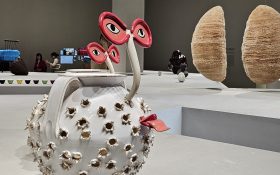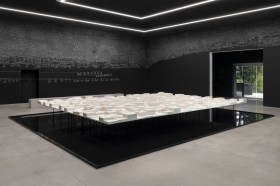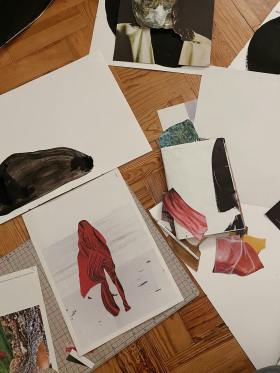The worlds of Art and Science have traditionally had an uneasy relationship. In spite of a rich history of artists who dabbled in science and vice versa, (think Leonardo da Vinci), modern education seems to strive to separate the two disciplines, forcing students to specialise in apparently opposing camps. And yet to excel in either discipline requires broadly similar human attributes, ‘inspiration, creativity and hard work, the willingness to experiment and be brave’ (Peter Rogers, Physics World)
In the words of Bill Bryson in his recent, A SHORT HISTORY OF NEARLY EVERYTHING, ‘I grew up convinced that science was supremely dull.’ And so, why do artists and scientists wish to collaborate? What do they hope to gain?




